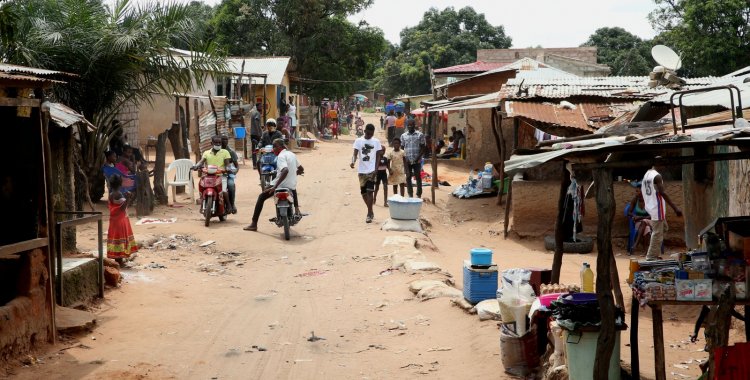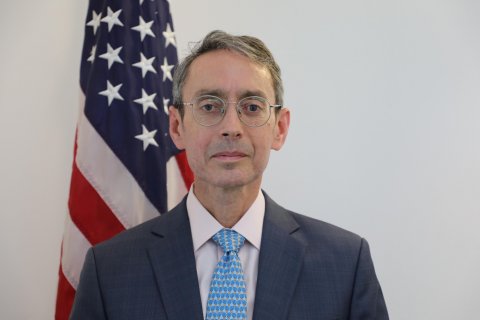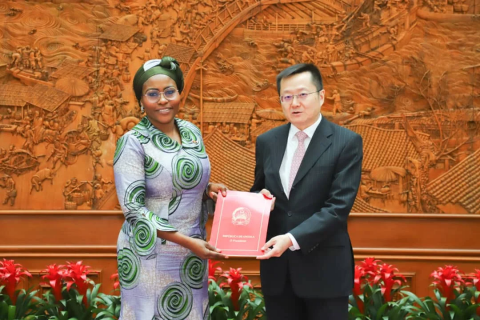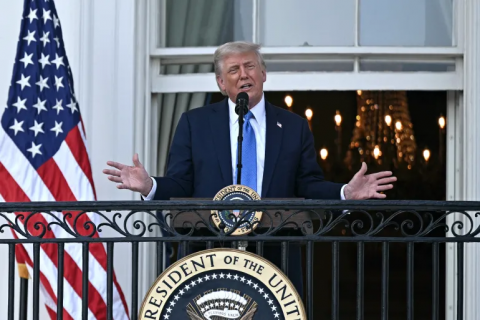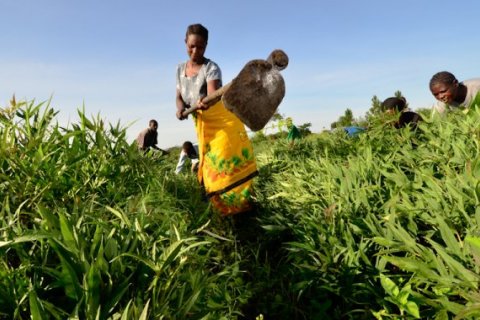"They (deputies) are members of a sovereign body and in the exercise of these functions they have the right to access the populations they represent in parliament, and some of these populations that they represent, in the specific case in Lunda Norte, have been the target of barbarity," Sebastião Vinte e Cinco said in declarations to Lusa.
For this jurist, regardless of the reasons behind the incidents in Cafunfo a week ago, the results are completely tragic and reprehensible at all levels.
Sebastião Vinte e Cinco recalls that the deputies are also "government inspectors, they have the right to access the places where there have been situations that need some investigation" and for that reason, he stressed, "this impediment is muscular, illegal and frightening".
"So it's a negative note for the growing democracy in Angola, there is no reason, unless you have something to hide, because who impedes is because you have something to hide," he noted.
According to the police, about 300 people linked to the Portuguese Protectorate Movement Lunda Tchokwe (MPPLT), which for years has defended autonomy in that region rich in mineral resources, tried to invade a police station on January 30, and in defense the forces of order and security mortally struck six people.
The police version is contradicted by MPPLT leaders, political parties in the opposition and local civil society that speak of more than a dozen deaths.
A group of MPs from the National Union for the Total Independence of Angola (UNITA), accompanied by their escorts and two activists, were prevented by local police from accessing the mining town of Cafunfo.
The president of the UNITA parliamentary group, Liberty Chiyaka, lamented the "silence" of the president of the parliament, Fernando da Piedade Dias dos Santos, about the impediment of deputies, stating that he was "previously informed and that the displacement of the deputies did not require authorization.
Fernando da Piedade Dias dos Santos said, in a statement made public, that the "alleged actions of UNITA deputies do not engage the National Assembly," affirming that "as a rule, deputies cannot move without their authorization" and that he "declined responsibility over possible constraints.
For his part, jurist Albano Pedro, who prefers to think of "poor institutional articulation" in the information about the displacement of deputies, recalls that those elected "are sovereign, over whom there is no other power except the limits provided by law".
"Therefore, the police, freely and spontaneously, cannot impose impediments on the deputies, unless the deputies are not authorized by the National Assembly to travel to Cafunfo," he said.
"And in the absence of this authorization and as a sovereign body, which deserves protocol protection, it is quite possible that the Assembly will communicate to the national police that it can, by this means, prevent or communicate that they are not authorized to travel," he admitted.
According to Albano Pedro, the absence of this authorization from the president of the parliament would have allowed the national police to condition the entry of deputies to Cafunfo.
"Otherwise, I don't see any possibility of the police preventing the deputies from moving around. Unless a state of constitutional exception had been declared," he stressed.
Four days later, the deputies announced that they had already left the place where they were being held and that they had been, since Sunday night, in the village of Cuango, where they "also investigate the circumstances" of the incidents in Cafunfo.
The Lunda Tchokwe Protected Movement fights for the autonomy of the Lundas region, in the East-North of the country.
The autonomy of the Lundas region (Lunda Norte and Lunda Sul, in eastern Angola), rich in diamonds, is claimed by this movement, which is based on a Protectorate Agreement signed between native Lunda-Tchokwe and Portugal in 1885 and 1894, which would give the territory an internationally recognized status.
Portugal would have ignored the kingdom's condition when it negotiated Angola's independence between 1974 and 1975 only with the liberation movements, according to the movement.

